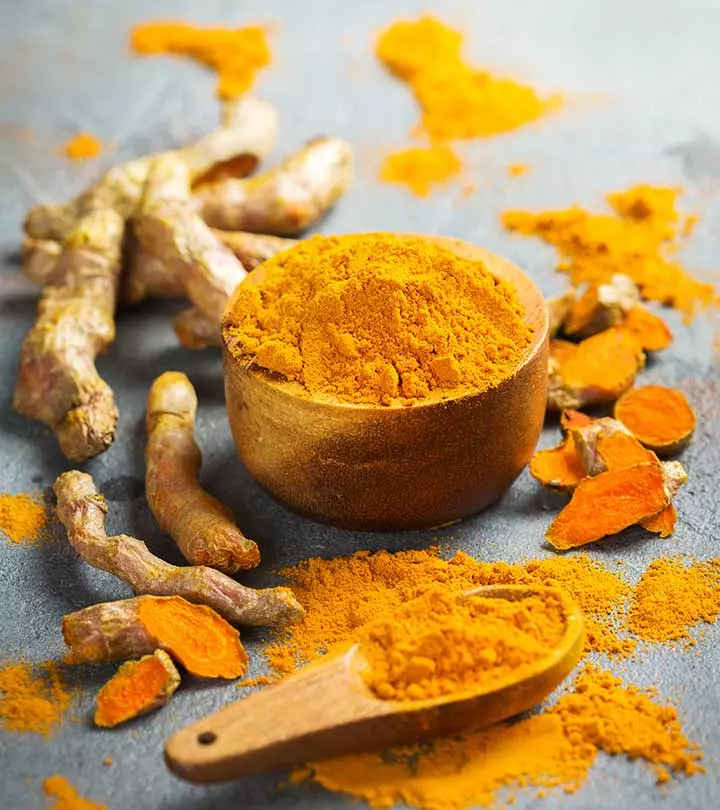
Turmeric is a spice that has been used for centuries in traditional medicine and cooking. It is well known for its bright yellow color and earthy flavor, but what many people may not realize is that turmeric also has numerous health benefits. In this blog post, we will explore 19 health benefits of turmeric, how to use it, and potential side effects to be aware of.
1. Anti-inflammatory properties: Turmeric contains curcumin, a compound known for its anti-inflammatory effects. This can help reduce inflammation in the body and alleviate symptoms of conditions like arthritis and inflammatory bowel disease.
2. Antioxidant power: Curcumin is also a powerful antioxidant, which means it can help protect the body from damage caused by free radicals. This can help prevent chronic diseases like cancer and heart disease.
3. Pain relief: Turmeric has been shown to be effective in reducing pain, particularly in conditions like osteoarthritis and rheumatoid arthritis.
4. Improved digestion: Turmeric can help stimulate the production of bile, which aids in digestion and can help alleviate symptoms of indigestion and bloating.
5. Heart health: Curcumin has been shown to improve heart health by reducing cholesterol levels and preventing the buildup of plaque in the arteries.
6. Brain health: Turmeric can help improve cognitive function and reduce the risk of neurodegenerative diseases like Alzheimer’s.
7. Weight management: Curcumin has been shown to help regulate metabolism and aid in weight loss efforts.
8. Immune system support: Turmeric can help boost the immune system and protect the body from infections.
9. Skin health: Turmeric has anti-inflammatory and antibacterial properties that can help improve skin conditions like acne and eczema.
10. Cancer prevention: Curcumin has been shown to have anti-cancer properties and may help prevent the growth and spread of cancer cells.
11. Liver health: Turmeric can help detoxify the liver and improve its function.
12. Diabetes management: Curcumin has been shown to help regulate blood sugar levels and improve insulin sensitivity.
13. Allergy relief: Turmeric can help reduce inflammation and alleviate symptoms of allergies.
14. Respiratory health: Turmeric can help relieve symptoms of respiratory conditions like asthma and bronchitis.
15. Menstrual relief: Turmeric can help alleviate symptoms of menstrual cramps and PMS.
16. Eye health: Curcumin has been shown to help prevent age-related macular degeneration and other eye conditions.
17. Joint health: Turmeric can help reduce inflammation and pain in the joints, making it beneficial for conditions like arthritis.
18. Mood improvement: Curcumin has been shown to help improve mood and reduce symptoms of depression.
19. Anti-aging benefits: Turmeric can help protect the skin from damage caused by free radicals and reduce the appearance of wrinkles and fine lines.
How to use turmeric:
There are many ways to incorporate turmeric into your diet. You can add it to curries, soups, stews, and smoothies. You can also take turmeric supplements in capsule form.
Potential side effects:
While turmeric is generally considered safe for most people when consumed in moderate amounts, some people may experience side effects like stomach upset, nausea, or diarrhea. It is always best to consult with a healthcare provider before adding turmeric supplements to your routine, especially if you are pregnant, breastfeeding, or taking medications.
In conclusion, turmeric is a powerful spice with numerous health benefits. By incorporating it into your diet, you can improve your overall health and well-being. Just be sure to use it in moderation and consult with a healthcare provider if you have any concerns.

